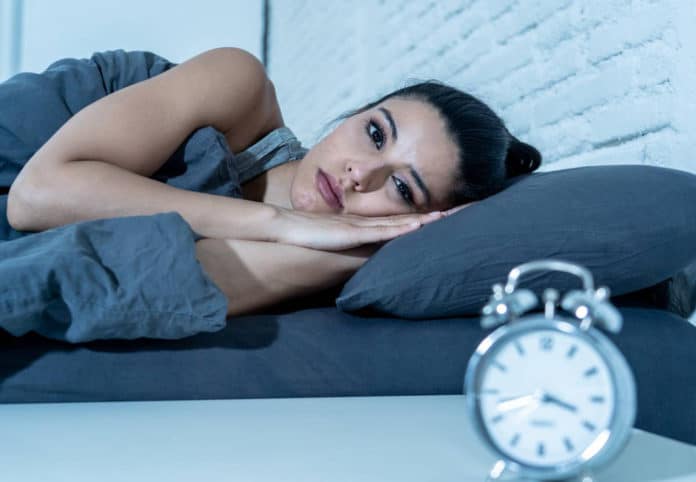Along with changing the way of working and socializing, the COVID-19 pandemic also brought stress in various forms.
In June 2020, a study sought to determine the impact of the COVID-19 pandemic on sleep and daily rhythms in adults.
The examination recorded the commonness of clinical cases of insomnia, anxiety, and depression and selected risk factors during the first pandemic wave from May to August 2020.
The study was conducted by an international group of researchers led by Professor Colin Espie from the Nuffield Department of Clinical Neurosciences at the University of Oxford and Professor Charles Morin, Department of Psychology, Laval University Director.
- More than 22,000 adults from 13 countries across four continents completed a web survey about their sleep and psychological symptoms.
- Almost 36.7% of persons reported high rates of insomnia, whereas 17.4% reported disorders associated with COVID-19. 25.6% of persons reported high rates of anxiety, and 23.1% reported depression.
- Risks of insomnia were higher among participants who reported having had COVID-19, who reported greater financial burden, were in confinement for a period of four to five weeks, and living alone or with more than five people in the same household.
Professor Colin Espie from the Nuffield Department of Clinical Neurosciences at the University of Oxford said, “Health authorities must deploy sleep and mental health prevention programs, as well as clinical interventions to assist at-risk individuals and reduce long-term adverse health outcomes.”
“Research shows that when you treat insomnia, you often not only see improvements in sleep, but reductions in anxiety and depressive symptoms, and improvement in mental health and wellbeing. This study provides further evidence of the impact of sleep on mental health and how we can begin addressing the mental health crisis through evidenced-based insomnia interventions.”
Journal Reference:
- Charles M. Morin, Bjorn Bjorvatn et al. Insomnia, anxiety, and depression during the COVID-19 pandemic: an international collaborative study. DOI: 10.1016/j.sleep.2021.07.035
